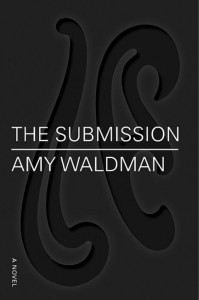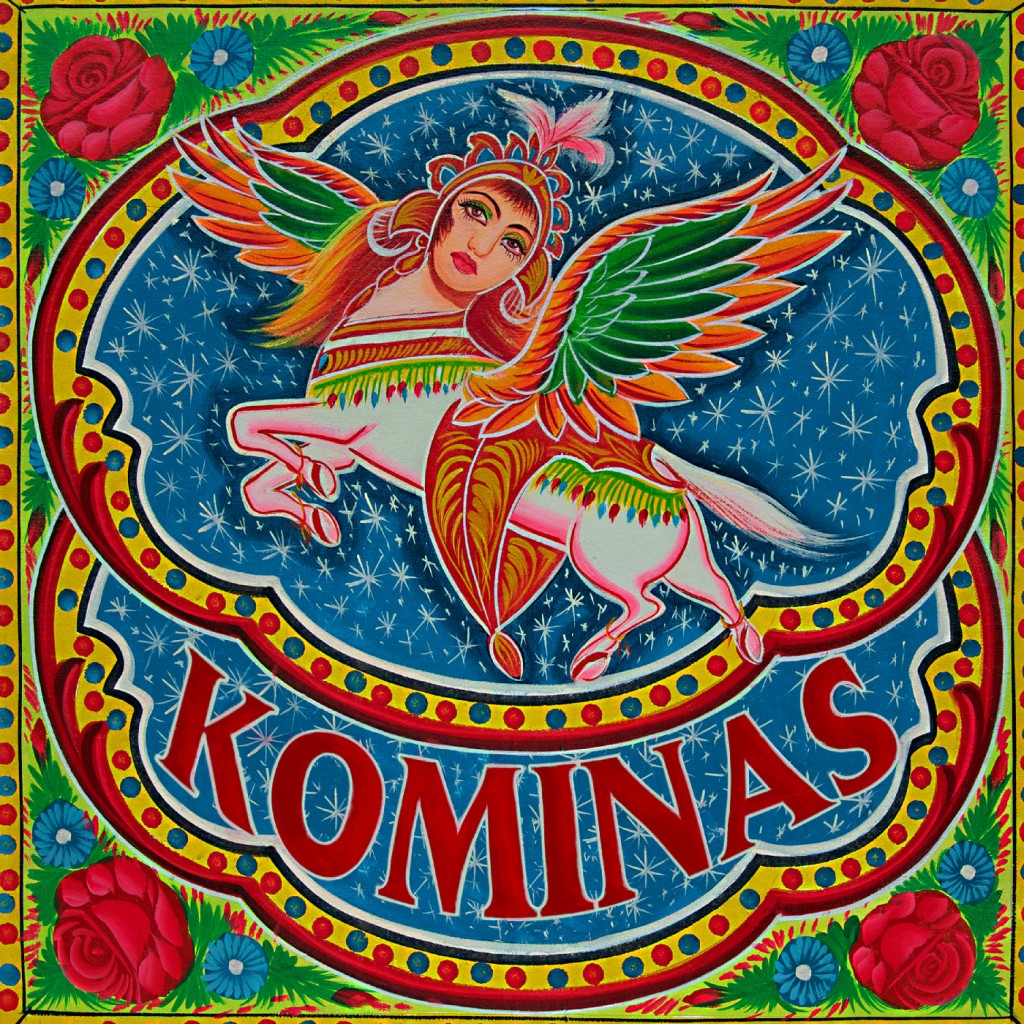Soon after 9/11, a friend of mine told me that her college roommate’s home had been visited by the local police in their town in upstate New York. The police wanted to search the home of this family because they’d heard they had a picture of Osama Bin Laden hanging in their living room. The cops were mistaken. This was the home of a pious Sikh family and the picture was of Guru Nanak, the founder of the Sikh religion.
I’ve often thought about this story. There are so many more like it — incidents of mistaken identities, faulty detentions, stereotyping, and violent acts in the wake of September 11th. We’ve read about them in the press and slowly, literature is beginning to tackle this dark period of recent American history as well; a time that unfolded in what Pulitzer Prize-winning graphic artist, Art Spiegelman, described so aptly as “in the shadow of no towers.”
A few years ago, Ask Me No Questions by Marina Budhos was one of the first young adult offerings to address the challenge of growing up South Asian and Muslim in an America altered by 9/11. First time novelist Nisha Meminger takes on a similar theme in her new YA novel Shine, Coconut Moon, just published by Simon & Schuster.
When her turbaned uncle appears at the doorstep of her suburban NJ home just four days after the 9/11 attacks, 16 year old Samar is caught off guard. Raised in a single-parent household by an Indian-American mother who cut off ties with her Sikh family many years before, Samar has no connection to her cultural roots and traditions. She is skeptical of this man, Uncle Sandeep, who claims to want to reconnect with his estranged sister because “we’re living in different times now … and I want to be close to the ones I love. The world is in turmoil–we’re at war. Anything could happen at any moment.”
As Samar gets to know her uncle, she begins to learn about Sikhism and gets to know her grandparents. She even visits a gurdwara for the first time in her life. This prompts her to start questioning her mother’s decision to raise her to think of herself “like everyone else.” She begins to question her identity; wondering whether she is a coconut — someone who is brown on the outside and white on the inside–someone who may physically appear to be Indian but doesn’t know who she really is. At the same time, she is shocked and saddened by a series of troubling events in her community that affect her personally: her uncle is attacked by a bunch of teenage boys who goad him to “Go back home, Osama!” and the local gurdwara is set on fire.
In his compelling Guardian article “The End of Innocence” Pankaj Mishra writes, “‘Post-9/11’ fiction often seems to use the attacks and their aftermath too cheaply, as background for books that would have been written anyway.” Shine, Coconut Moon does not fall into this category. Most definitively shaped by the effect of 9/11 on minority immigrant communities, this is an ambitious coming of age novel for young adults that seeks to demonstrate the effects of fear mongering on the lives of ordinary minority teens who saw themselves as American before 9/11.
Below the fold is an excerpt from the novel, as well as a Q&A with, Neesha Meminger where she talks about her novel writing process and the real-life incidents that inspired it. And, for those in the NYC area, there is a book launch party and reading this Saturday, March 14th at 7 pm at Bluestockings Bookstore. Continue reading →
 For the last four months, I have been trying and failing to finish a book gifted me as a Christmas present, The Submission, the first novel by New York Times journalist Amy Waldman, released shortly before the anniversary of 9/11. I had almost completed it this week (grudgingly) before I was made aware of the depth of its popularity. I must confess, I was shocked. The book that I had considered passing to the thrift-store unfinished has in fact received rave reviews from a handful of the nation’s top papers.
For the last four months, I have been trying and failing to finish a book gifted me as a Christmas present, The Submission, the first novel by New York Times journalist Amy Waldman, released shortly before the anniversary of 9/11. I had almost completed it this week (grudgingly) before I was made aware of the depth of its popularity. I must confess, I was shocked. The book that I had considered passing to the thrift-store unfinished has in fact received rave reviews from a handful of the nation’s top papers.





